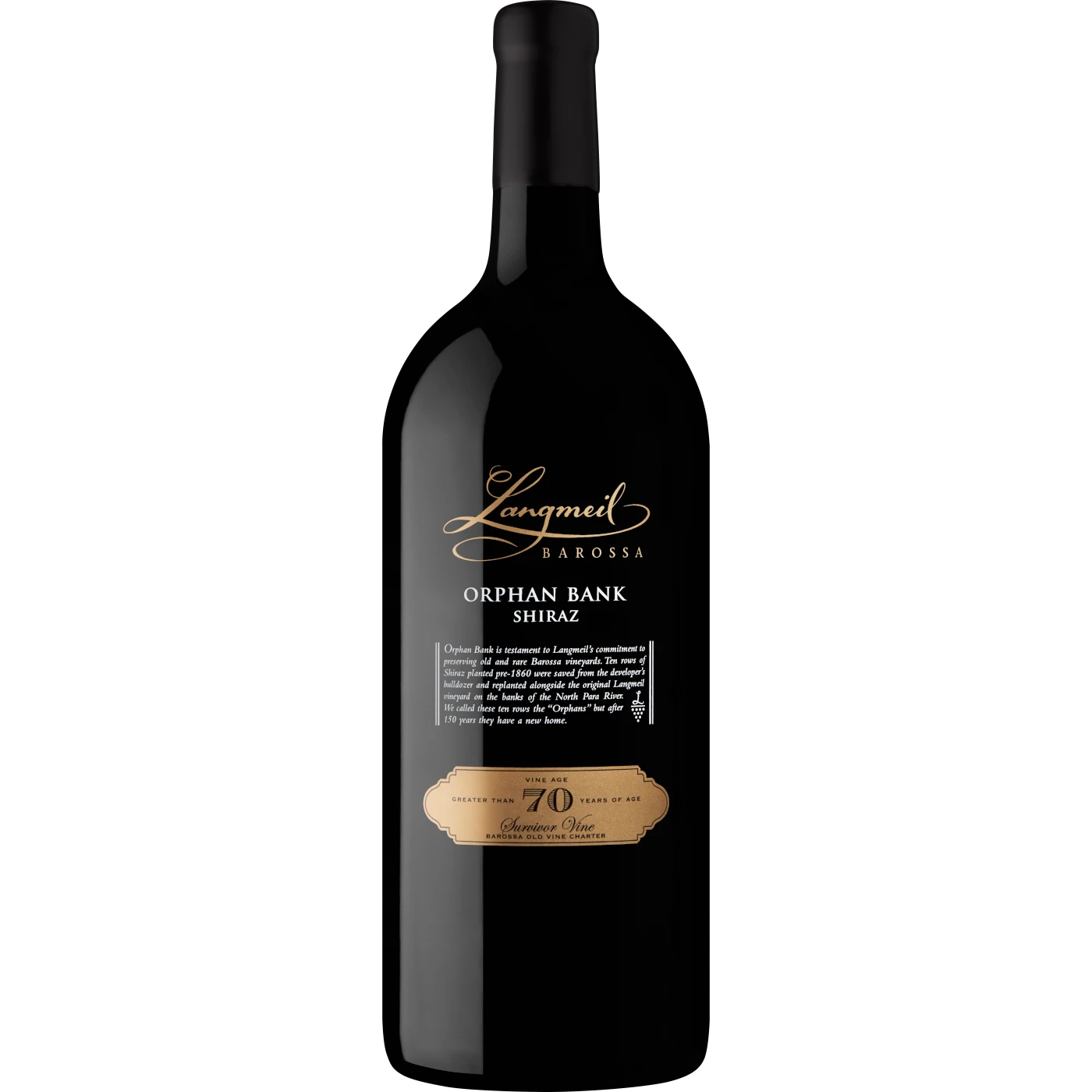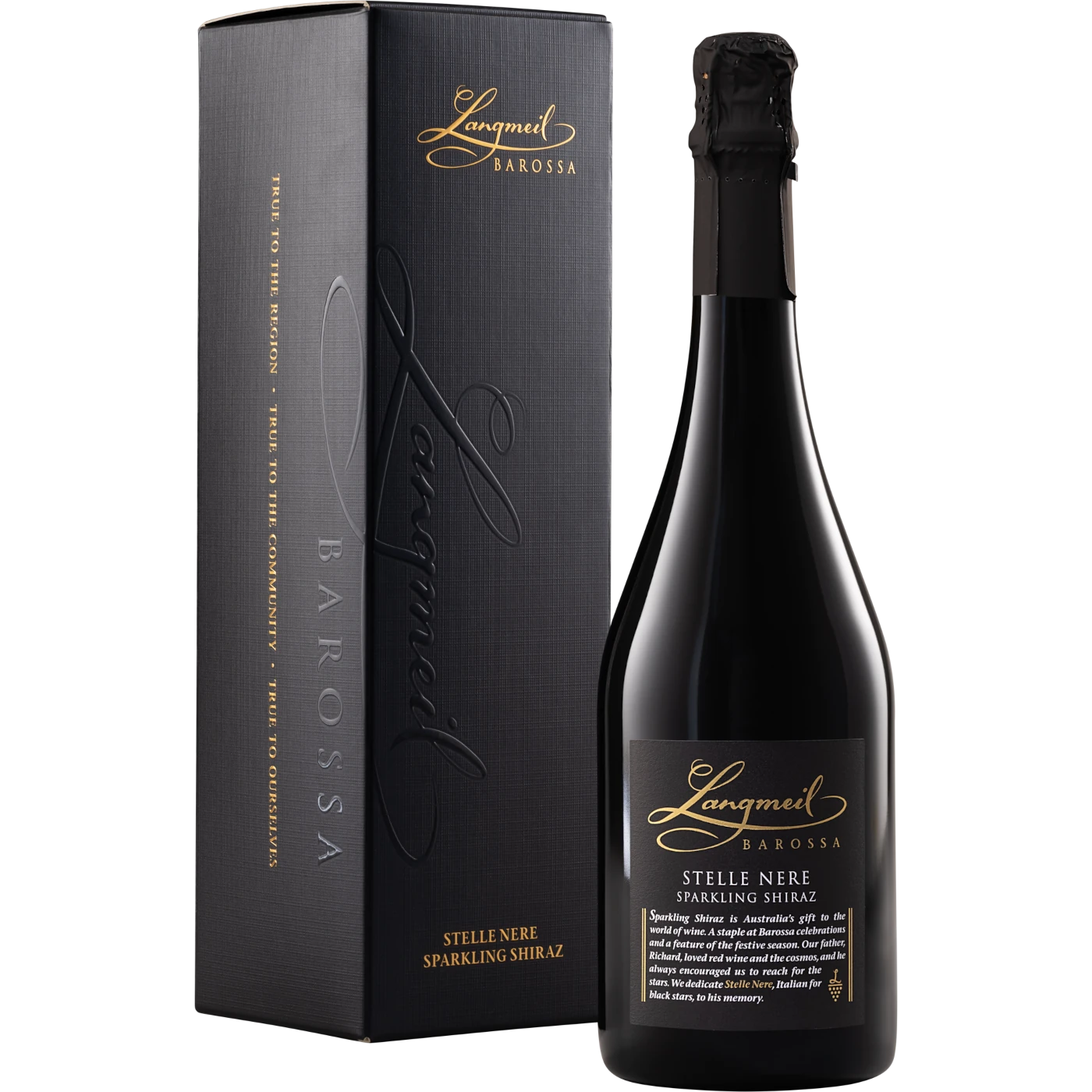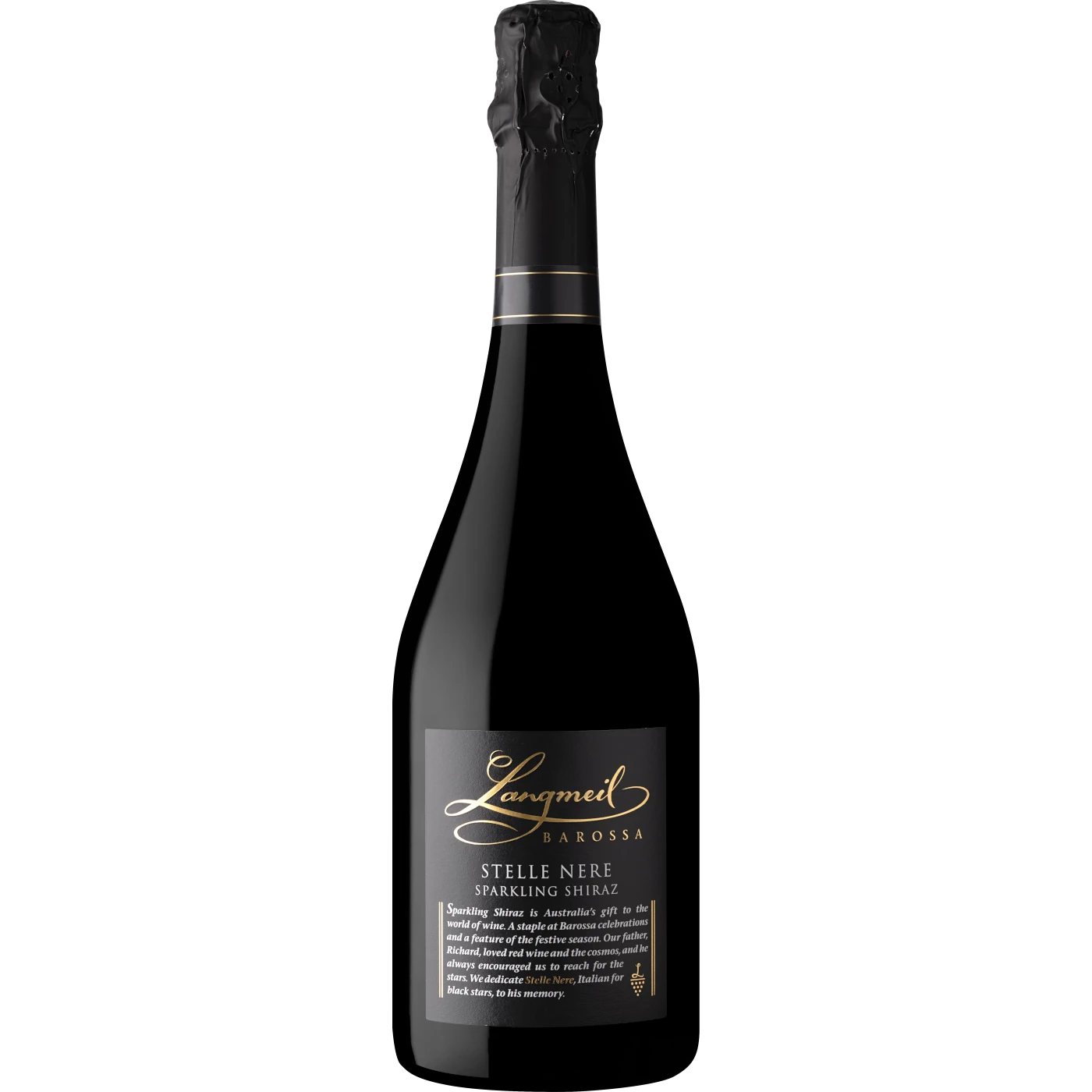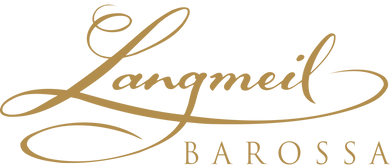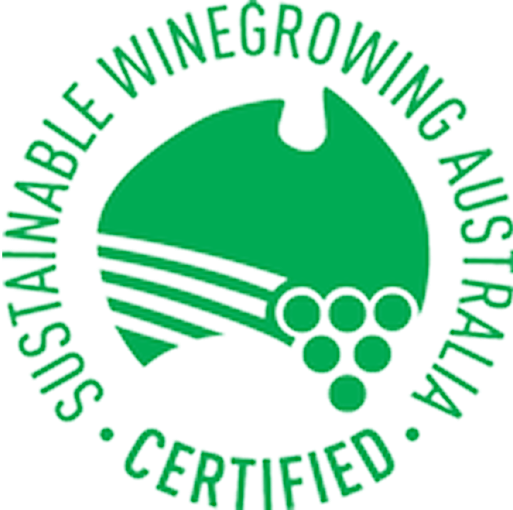
Sustainability at Langmeil
Sustainability is a core value at Langmeil, focused on ensuring a thriving tomorrow. By integrating sustainable practices in viticulture, winemaking, and business, we minimize environmental impact and enhance social and economic well-being. This philosophy guides every step, from nurturing vineyards to crafting wines, ensuring a sustainable future for our community and the Barossa region.
